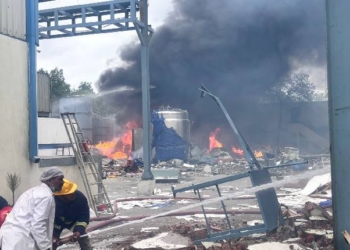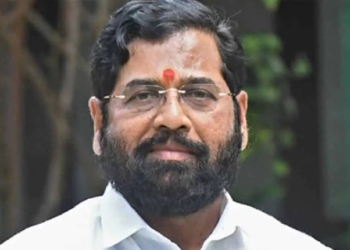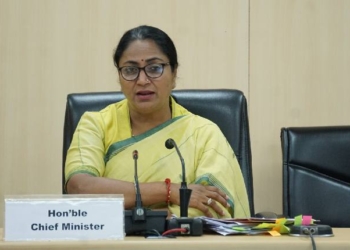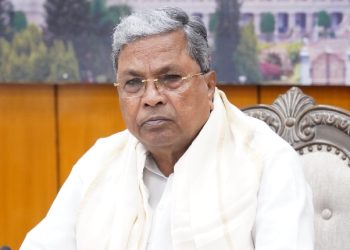Kolkata: West Bengal Governor C.V. Ananda Bose on Sunday said that Prime Minister Narendra Modi’s monthly radio programme ‘Mann Ki Baat’ connects people from different sections of society similar to a rainbow.
“This programme connects two minds by acting like a rainbow. But I will not call it ‘Indradhanush’. Rather I will describe it as ‘Narendra Dhanush’. Just as we all have to nurture and develop our physical health, there is also a necessity for developing mental health. This is what is exactly achieved through ‘Mann Ki Baat’,” he said at the end of the programme at the Governor House in Kolkata on the occasion of the 100th episode of ‘Mann Ki Baat’.
Besides, for a live broadcast of the monthly programme, the event at Raj Bhavan was marked by several programmes, including sit and draw competition for school children, plantation of saplings, exhibition on different aspects of rural India and finally felicitation of Padma Shri awardees and achievers from different sectors from the state.
According to the West Bengal Governor, even the people from the backward section residing in the remotest rural corners of the country had been able to speak their hearts out through ‘Mann Ki Baat’.
“This programme brings life from darkness or light. Everyone has to think over the information disseminated through this programme. Our Prime Minister is aware of the needs of people. So, he is emphasising on small things,” he said.
However, there was a slight note of dissent in the programme. Chosen for felicitation at the programme, Saidul Lashkar, the cab driver from West Bengal who built a hospital for treatment of poor in memory of deceased spending his last resources, came to attend the function but refused to get felicitated by the Governor.
“I thought the picture of my struggle will be portrayed in the 100th episode of ‘Mann Ki Baat’. But it did not happen. In fact, none from Bengal got a place in the programme. So, I refused to accept the felicitation in protest,” he said.
(IANS)














